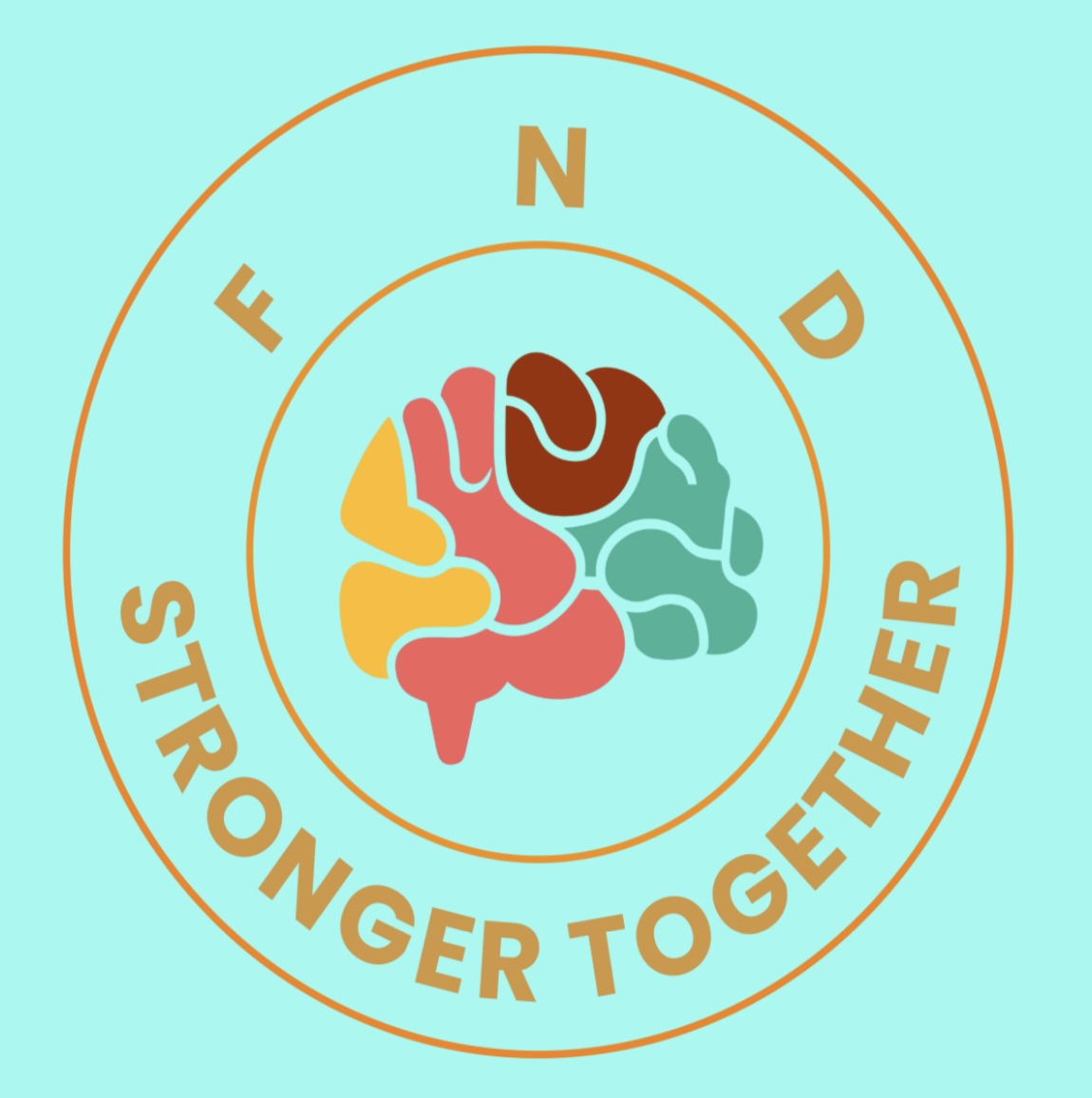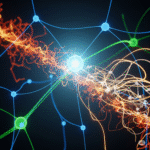
Overview of Techniques to Manage FND
An Overview to Managing Functional Neurological Disorder (FND)
To manage Functional Neurological Disorder (FND) involves a multidisciplinary approach, which focusses on retraining the brain and nervous system, managing symptoms and overall improving the quality of life for the patient.
Key techniques include
1. Balance and Pacing
A fundamental technique for managing energy levels and preventing symptoms flares by balancing activity and rest throughout the day
2. Physiotherapy
A technique which is crucial for retraining abnormal movement patterns, improving balance, strength, awareness of the position and movement of the body.
It focusses on gentle, consistent and graded activity to help the brain relearn normal mouvements.
3. Psychological Therapies
- Cognitive Behavioural Therapy (CBT): Addresses thought patterns and behavior’s that can worsen symptoms, helps regulate emotions, and improves coping strategies.
- Acceptance and Commitment Therapy (ACT): Focuses on accepting difficult sensations and emotions while committing to living a life aligned with values, reducing the struggle against symptoms.
- Pain Reprocessing Therapy (PRT): Aims to “unlearn” chronic pain by targeting the brain’s learned pain pathways.
4. Mindfulness and Relaxation Techniques
Techniques such as deep breathing, meditation, progressive muscle relaxation, and guided imagery help calm the nervous system, reduce stress and anxiety, and improve emotional regulation, which can decrease symptom intensity and frequency.
5. Optimising Sleep
Addressing sleep disturbances through good sleep hygiene, relaxation techniques, and cognitive-behavioral therapy for insomnia (CBT-I) is important, as poor sleep can significantly worsen FND symptoms such as fatigue and pain.
6. Grounding Techniques
Strategies such as sensory, cognitive, and physical techniques are used to reconnect with the present moment during symptom flares, dissociation, or intense anxiety, helping to regain a sense of control and de-escalate overwhelming feelings.
7. Nutrition
While it is not a cure, a whole-food, anti-inflammatory diet can support gut-brain health, help manage fatigue, and reduce overall inflammation, providing an indirect benefit to FND symptoms.
8. Occupational Therapy
Provides individuals with the support they need to adapt to daily life with FND, offering strategies and tools for managing symptoms in daily activities, pacing energy, and making environmental modifications.
Conclusion
The fundamental principle is to integrate these techniques into a personalised plan, always guided by FND-aware healthcare professionals, to help retrain the brain’s ‘software’ and improve functional capacity.
For more information and support on FND, visit trusted groups like FND Hope, neurosymtoms, and CAP TNF (French)
Continue Navigating the Complexities of FND

Treatments
Overview of the different treatments available for FND




